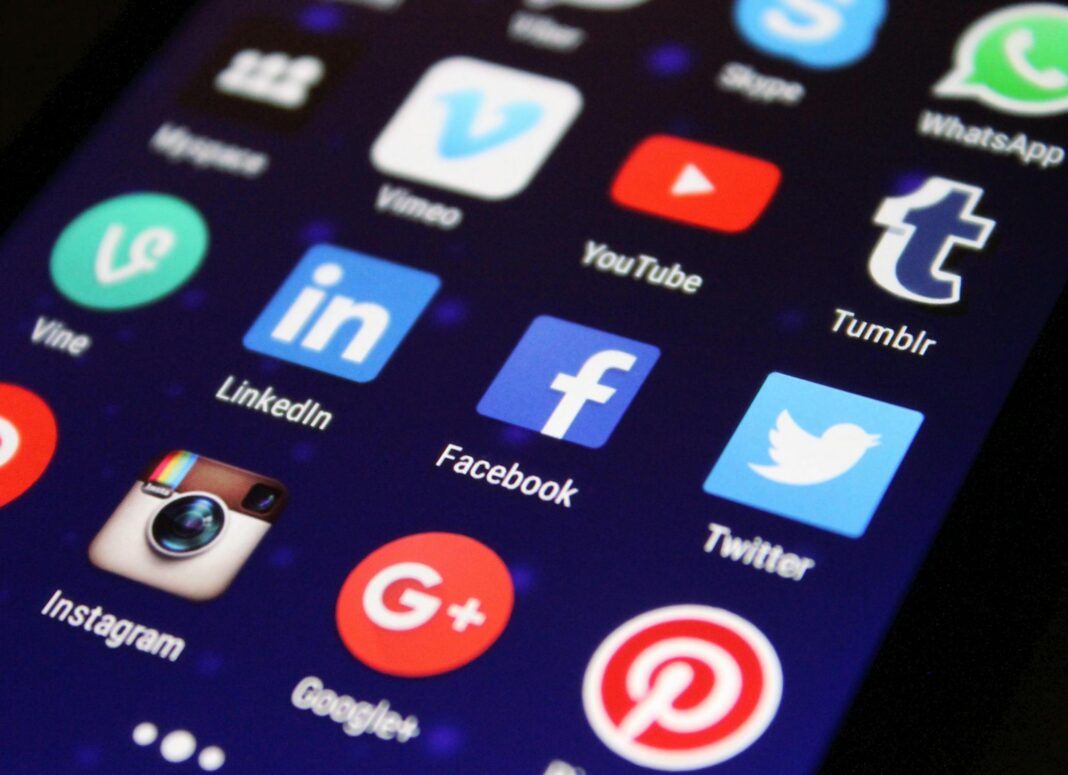Social media has become an integral part of our daily lives. It allows us to stay connected with loved ones, stay informed, entertain ourselves, and even develop our careers. However, excessive or inappropriate use can have detrimental effects on our mental health, social lives, and productivity. So, how do we make the most of these tools without falling into their traps?
1. Define Your Goals and Limits
Before diving into the virtual world, take time to reflect on your motivations. Why do you use social media? To keep in touch with friends? To follow the news? To promote your work? Once you’ve identified your goals, set clear limits. Determine how much time you want to spend on these platforms each day and stick to it. You can use time-tracking apps or timers to help control your usage.
2. Carefully Select Your Information Sources
Social media is an endless source of information, but not all information is created equal. Learn to distinguish reliable sources from questionable ones. Verify facts, cross-reference information, and be wary of sensational headlines. Don’t hesitate to unfollow accounts that spread misinformation or make you uncomfortable.
3. Cultivate Positive Interactions
Social media can be a great tool for strengthening social bonds. Interact with your friends, share moments of your life, and support those you care about. However, remember that virtual interactions do not replace real-life interactions. Take the time to see your friends in person and cultivate authentic relationships.
4. Protect Your Privacy
Social media platforms are public spaces where your personal information can be exposed. Be vigilant about the information you share. Never post sensitive information, such as your address, phone number, or bank details. Regularly check your privacy settings and adjust them to your needs.
5. Disconnect Regularly
It’s important to disconnect from social media regularly to refocus on yourself and the real world. Take time to do activities you enjoy, such as reading, exercising, or spending time with loved ones. Don’t hesitate to turn off your phone’s notifications and step away from screens for a few hours each day.
6. Adopt a Critical Attitude
Social media is often a stage for social comparisons and staged presentations. Remember that the images and messages you see do not always reflect reality. Adopt a critical attitude and don’t let yourself be influenced by the unrealistic standards conveyed by these platforms.
7. Report Inappropriate Content
If you come across hateful, violent, or inappropriate content, don’t hesitate to report it. Social media platforms have moderation policies aimed at protecting users. By reporting problematic content, you contribute to creating a safer and more respectful online environment.
8. Use Social Media as a Tool for Personal Development
Social media can be a great tool for learning new things, developing your skills, and connecting with inspiring people. Follow accounts that share educational content, participate in online discussions, and use social media to broaden your horizons.
By following these tips, you can use social media in a healthy and balanced way, taking advantage of its benefits while minimizing its drawbacks. Remember that you are the master of your online experience. Take the time to reflect on your needs and values, and use social media in a way that reflects them.



